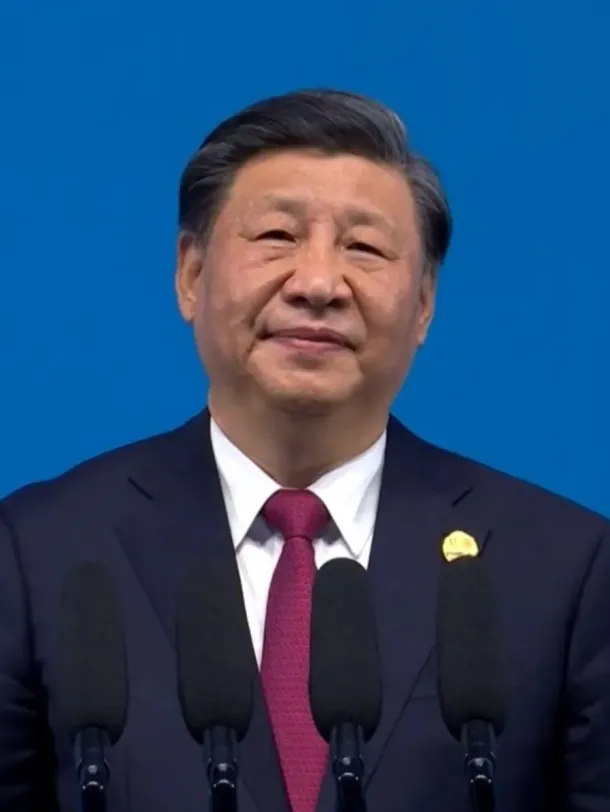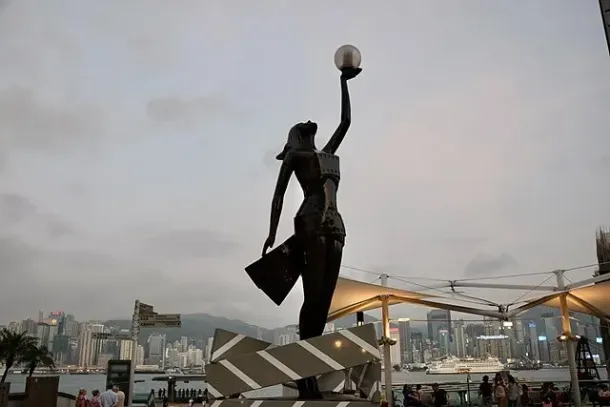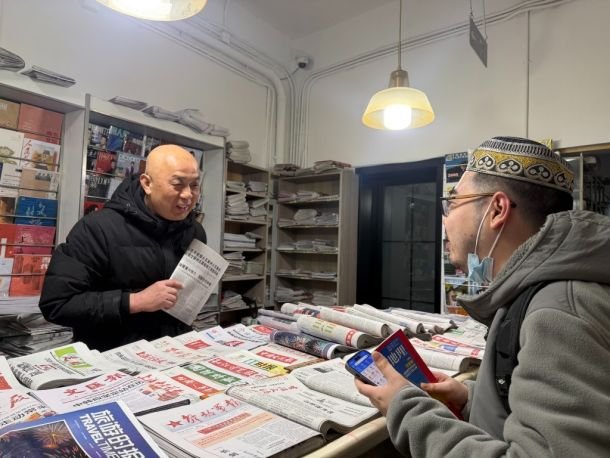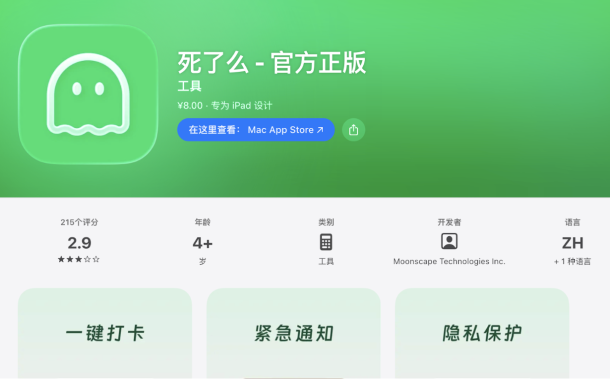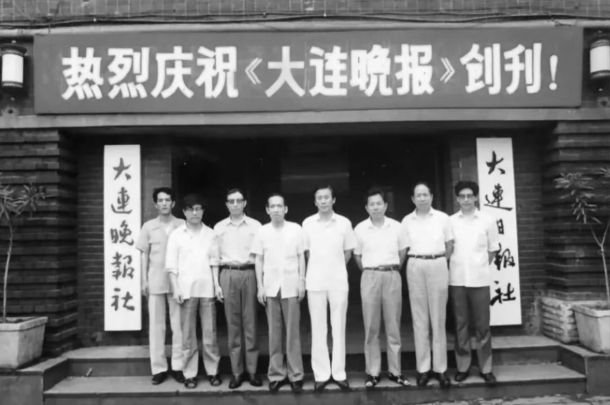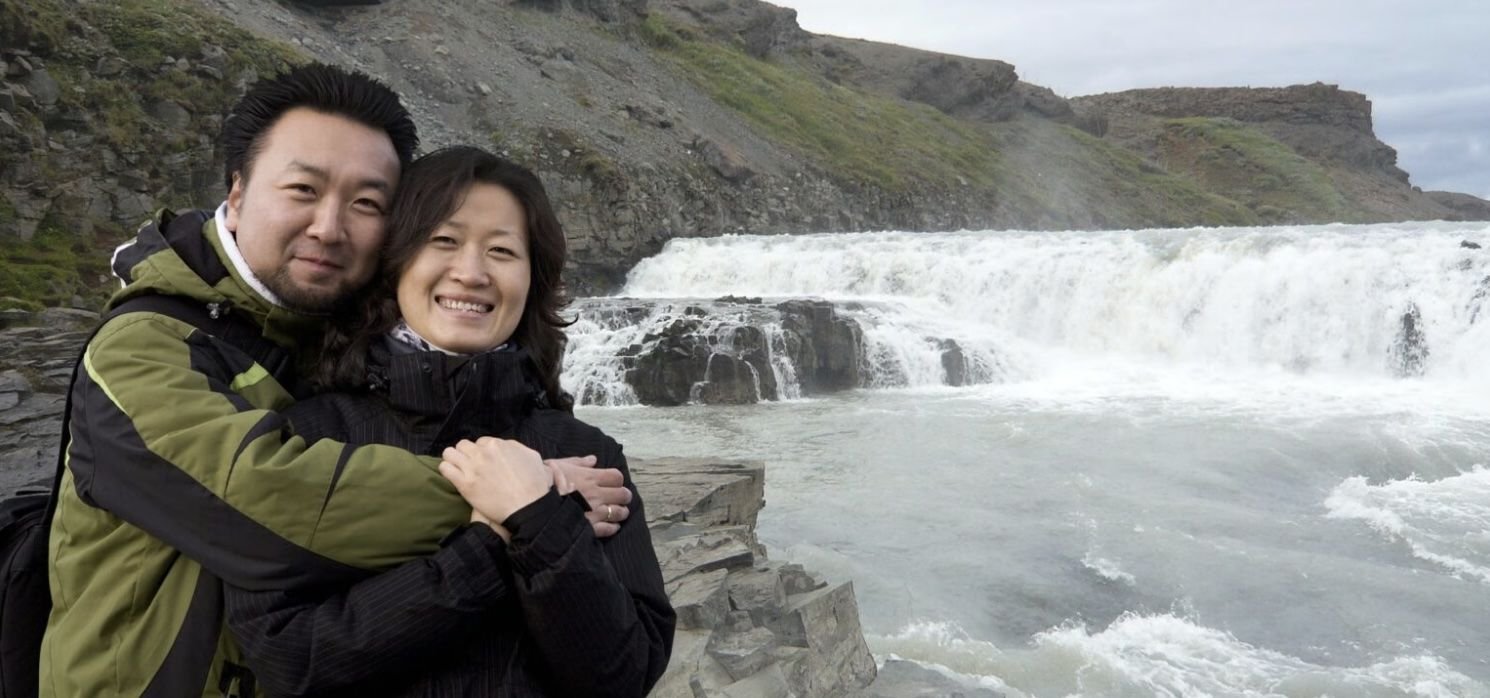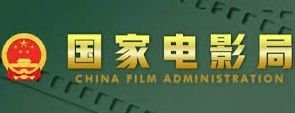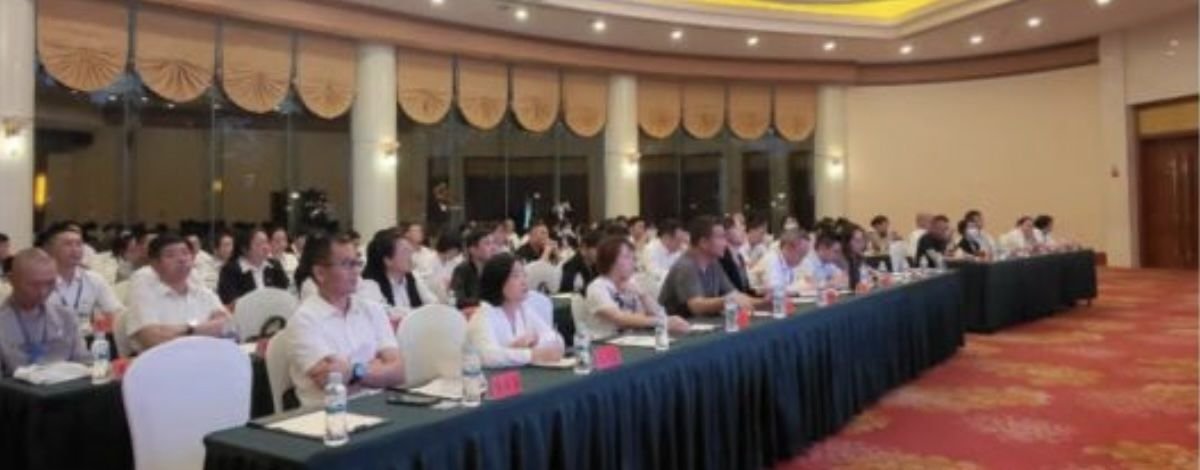Red Seas Ahead

In yet another local manifestation of what the CCP calls “ideological and political education” (思政教育), or sizheng, a national program to ensure that students adhere to the political line of the party, young cadets at Shanghai Maritime University (上海海事大学) are now receiving an education that anchors maritime training to party history.
On March 27, students at the university, which specializes in shipping, transport and maritime industries, sat for a lecture from Xu Xuechen (徐雪琛), a top official from Shanghai’s local museum of the CCP’s founding, who instructed them in how to effectively integrate “red stories” (红色故事) into seemingly non-ideological subjects like maritime studies. This unapologetic process of ideological insinuation has been a cornerstone of sizheng since Xi Jinping’s campaign in 2019 to reinvigorate the practice, which has its origins in the 1940s.
According to a report in the Shanghai Morning Post (新聞晨報), a commercial daily under the city’s CCP mouthpiece, the motto of the sizheng program at Shanghai Maritime University is “Red + Blue + Special” (红色+蓝色+特色), combining the party’s cardinal color with the university’s official blue (also a symbol of its maritime associations). Special? Yes, we’re stumped too. But according to university officials, the program aims to cultivate “new maritime personnel who have ideals and responsibility, are willing to endure hardships, and are brave in their struggle.”
Somewhere, we might imagine, key maritime skills are also involved — like navigation.

